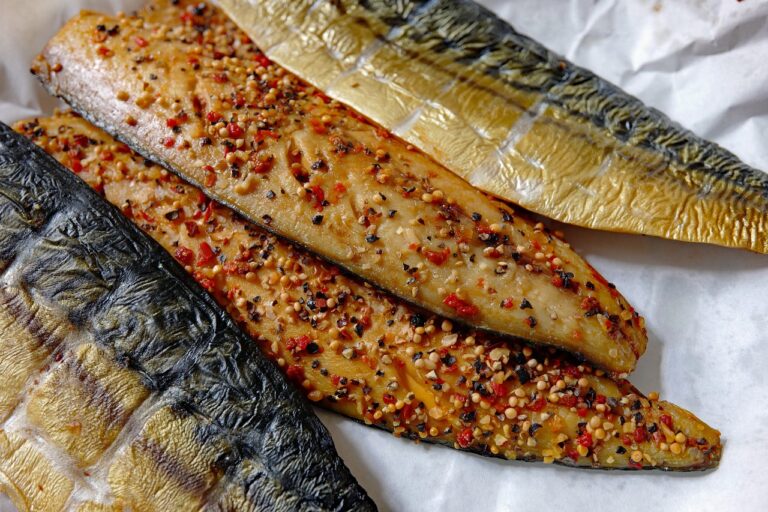Understanding the Mediterranean Diet
The Mediterranean diet is a way of eating based on the traditional foods and drinks of the countries that border the Mediterranean Sea. It is known for its numerous health benefits, including reducing the risk of heart disease, cancer, and diabetes. In this article, we will delve deeper into the principles of the Mediterranean diet, its key components, and how you can incorporate this eating style into your daily life for optimal health.
History of the Mediterranean Diet
The Mediterranean diet has been around for centuries, with its roots dating back to the ancient civilizations of Greece and Rome. It gained widespread recognition in the 1960s when researchers discovered that people in Mediterranean countries had lower rates of heart disease compared to those in the United States and other Western nations. This sparked interest in the diet and its potential health benefits.
Key Components of the Mediterranean Diet
The Mediterranean diet is characterized by the following key components:
1. Plant-Based Foods
Fruits, vegetables, nuts, seeds, legumes, and whole grains form the foundation of the Mediterranean diet. These foods are rich in fiber, vitamins, minerals, and antioxidants, which help reduce inflammation and protect against chronic diseases.
2. Healthy Fats
Olive oil is a staple in the Mediterranean diet and is used in cooking, salad dressings, and dips. It is high in monounsaturated fats, which have been linked to lower rates of heart disease. Other sources of healthy fats in the diet include nuts, seeds, and fatty fish like salmon and mackerel.
3. Lean Protein
Poultry, eggs, and dairy products are consumed in moderation in the Mediterranean diet. Fish and seafood are preferred sources of protein, as they are rich in omega-3 fatty acids, which are beneficial for heart health.
4. Moderate Wine Consumption
Red wine is commonly enjoyed in moderation as part of the Mediterranean diet. It is rich in antioxidants like resveratrol, which may have protective effects on the heart and brain. However, excessive alcohol consumption is not recommended.
5. Herbs and Spices
Herbs and spices are used liberally in Mediterranean cooking to add flavor without relying on salt or unhealthy fats. Common herbs and spices include garlic, basil, oregano, and cumin.
6. Enjoyment of Meals
In Mediterranean cultures, meals are seen as a time to savor food, share stories, and connect with loved ones. Taking time to enjoy meals can help promote mindful eating and prevent overeating.
Health Benefits of the Mediterranean Diet
The Mediterranean diet has been extensively studied for its health benefits, with research showing that it can:
1. Reduce the Risk of Heart Disease
The diet is rich in heart-healthy foods like olive oil, nuts, fish, and fruits and vegetables, which can lower cholesterol levels, reduce inflammation, and improve blood vessel function.
2. Lower the Risk of Cancer
Some studies have suggested that following a Mediterranean diet can decrease the risk of certain types of cancer, including breast, colorectal, and prostate cancer. The diet’s emphasis on plant-based foods and healthy fats may play a role in this protective effect.
3. Improve Cognitive Function
Research has shown that the Mediterranean diet may help improve cognitive function and reduce the risk of developing neurodegenerative diseases like Alzheimer’s disease. The diet’s nutrient-dense foods and anti-inflammatory properties are thought to support brain health.
4. Aid in Weight Management
Following the Mediterranean diet can help promote weight loss and weight maintenance due to its focus on whole, nutrient-dense foods and balanced meals. The diet is not restrictive and emphasizes portion control and mindful eating.
How to Follow the Mediterranean Diet
If you’re interested in adopting the Mediterranean diet, here are some tips to help you get started:
1. Fill Your Plate with Plant-Based Foods
Make fruits, vegetables, whole grains, nuts, seeds, and legumes the foundation of your meals. Aim to fill half your plate with colorful produce at each meal.
2. Use Olive Oil as Your Primary Fat
Opt for extra virgin olive oil when cooking, baking, or making salad dressings. It is rich in monounsaturated fats and antioxidants that can benefit your heart and overall health.
3. Include Fish and Seafood Regularly
Try to eat fish at least twice a week, including fatty fish like salmon, sardines, and mackerel. They are high in omega-3 fatty acids, which are important for heart and brain health.
4. Limit Red Meat and Processed Foods
Red meat and processed foods should be consumed in moderation in the Mediterranean diet. Choose lean cuts of meat and poultry, and limit processed snacks and sweets.
5. Experiment with Herbs and Spices
Enhance the flavor of your dishes with herbs and spices like garlic, basil, oregano, and turmeric. They can add depth and complexity to your meals without the need for excess salt or sugar.
6. Enjoy Meals Mindfully
Take time to sit down and enjoy your meals without distractions. Focus on the flavors, textures, and aromas of your food, and savor each bite. Eating mindfully can help prevent overeating and promote digestion.
FAQs
Q: Is the Mediterranean diet suitable for vegetarians or vegans?
A: Yes, the Mediterranean diet can be adapted to suit vegetarian or vegan lifestyles by emphasizing plant-based foods, healthy fats, and protein sources like legumes, nuts, and seeds.
Q: Can I still enjoy desserts on the Mediterranean diet?
A: Yes, desserts can be included in moderation as part of the Mediterranean diet. Opt for fruit-based desserts like baked apples or poached pears, or enjoy a small piece of dark chocolate for a sweet treat.
Q: How does the Mediterranean diet compare to other popular diets like keto or paleo?
A: The Mediterranean diet differs from keto and paleo diets in that it focuses on whole, unprocessed foods and emphasizes a balanced approach to eating. It is not restrictive and can be sustained long-term for overall health and well-being.
By following the principles of the Mediterranean diet, you can enjoy delicious, nourishing meals that support your health and well-being. Whether you’re looking to lower your risk of chronic diseases, maintain a healthy weight, or simply enjoy flavorful cuisine, the Mediterranean diet offers a flexible and sustainable approach to eating that can benefit your overall health in the long run.







